Here’s a comprehensive reference to buying the best engine oil, including definitions of key terms like viscosity, the distinction between mineral and synthetic oil, and the ideal engine for a car with costs.
Engine oil is to a car what blood is to a person. It is not incorrect to state that no car can function without engine oil. It protects automotive components from wear and strain even when temperatures within the engine exceed 120 degrees Fahrenheit. As a result, selecting the incorrect grade of engine oil for a car or opting for a lower quality one might have disastrous consequences.
Incorrect fluids produce higher friction between the engine’s moving parts, resulting in faster wear and tear. Furthermore, utilizing the wrong engine oil viscosity might result in a significant decrease in vehicle performance. In addition, if there is an oil leak, the engine would most likely seize, costing thousands of rupees in repairs. As a result, knowing how to select the finest and best engine oil for a car is critical.
How Do I Choose the Best Engine Oil?
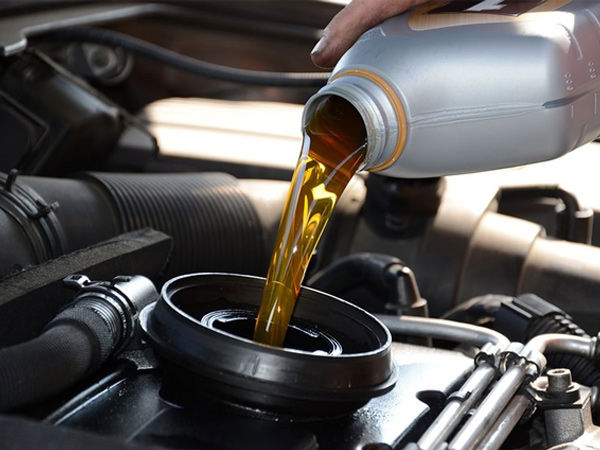
Before you go out and buy motor oil, you should know what lubricant quality should be used. A peek at the car’s instruction handbook will help you find out the same thing. In part below, we’ll go through all of the crucial engine oil terminologies to assist you in picking the finest one for your favorite automobile —
API Standard (SL, SM, SN, or SJ):
The American Petroleum Institute established this standard to classify motor oils depending on their performance. You should consult your owner’s handbook to determine the API Standard that your vehicle’s manufacturer recommends.
Viscosity:
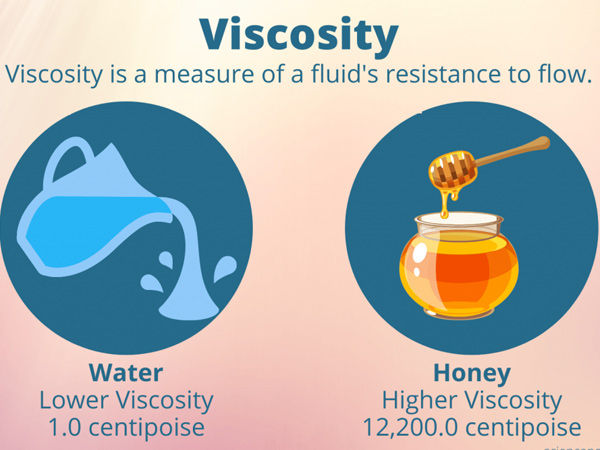
The viscosity grade influences the thickness of the engine oil and its stress carrying ability. Thin engine oil works well in the winter, while a higher quality of engine oil is suggested in the summer. It is also why performance automobiles, whose engines frequently operate at extremely high temperatures, have a higher viscosity oil. The viscosity of engine oil is specified by a pair of numbers, such as 10W-30, 0W-40, 15W-40, or 5W-30. For example, if an engine oil has a grade of 5W-30, its cold-start viscosity is 5W.
An engine oil of grade 0W-40 demonstrates that a car may start cold even in freezing temperatures since the oil is thin enough to circulate through all of the components. For regions with high temperatures, a 10W-30 oil grade is usually sufficient. The lower the Low Winter (W) viscosity, the simpler it is for engine oils to flow through the engine.
Returning to the 5W-30 example, where 5W signifies viscosity, the ’30’ defines the thickness of the oil at 100 degrees Celsius. Because engine oil with a ’40’ grade is thicker, it is better to stick to the suggested oil grade, and it does fare better at hotter temps.
ACEA Rating:
Engine oil’s lubricant ratings are determined by the ACEA Rating. Examples are A5/B5, A3/B4, and other ACEA ratings. This oil quality is determined by a combination of criteria such as sludge, ear, soot thickening, oxidative thickening, and fuel economy. It is critical to keep the ACEA grade in mind when selecting engine oil, especially for automobiles with diesel engines.
It is evident from the above that it is critical to understand your vehicle’s Correct Engine Oil Grade. Regardless of price, using incorrect viscosity grade oil can cause excessive wear and tear on various engine components. As a result, you should always consult your owner’s handbook for suggested engine oil grades. These recommendations are produced only after significant research by the carmaker’s experienced engineers.
Engine Oil Types and Prices
There are three types of engine oils available for automobiles. –
- Synthetic Oil
- Mineral Oil
- Semi-Synthetic
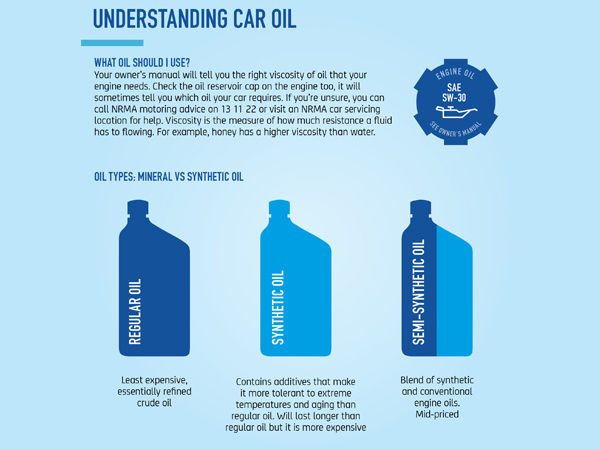
Synthetic oil is created to provide the best protection against wear and tear caused by braking, accelerating, and clutch use. As a result, driving in heavy traffic is advantageous to use synthetic oil since it results in less sludge generation. It’s also best suited for high-performance automobiles and motorbikes, and it can help you get better mileage. This oil also has a lower NVH and greater refining. It is also best suited for long-distance travel.
The majority of totally synthetic oils range from Rs 1050 to Rs 1250 per liter. Synthetic oil has a lifespan of up to 10,000 kilometers or one year, whichever comes first.
Semi-synthetic oil is substantially less expensive than entirely synthetic oil. It is a cost-effective alternative if your yearly mileage is less than 10,000 kilometers. It ranges between Rs 550 and Rs 650 per liter. However, if your running is intense, it is best to use synthetic oil because semi-synthetic provides less protection and increases component wear and tear. Semi-synthetic oil should be changed every 6000 to 7500 kilometers or every 12 months, whichever comes first.
Mineral oil is the most cost-effective and may be used in automobiles with tiny engines that aren’t used frequently. It does, however, provide significantly less protection than synthetic oil. It is also a lot cheaper, with a liter costing as little as Rs 300. Mineral oil usually is only valid for 5,000 kilometers or six months, whichever comes first.
When it comes to the replacement cycle, it’s still a good idea to consult the owner’s handbook and follow the recommendations.
Also Read, How do you Select the Best Coolant for your Car?
Should you change the engine oil if you drive your car for fewer kilometers?
Many people who do not drive frequently tend to put off changing the engine oil. They assume that because their automobiles are rarely driven, it is unnecessary to replace the oil regularly. Nothing could be further from the truth. Engine oils, like other consumables, have an expiry date, especially after they’ve been dumped into your car’s oil sump. Engine oil contains molecules with varying degrees of viscosity.
Even if the automobile is not driven regularly, these molecules tend to break up over time, and the oil loses viscosity. As a result, there is more wear and tear during use and greater maintenance expenditures. As a result, regardless of how often you drive your automobile, it’s advisable to follow the owner’s handbook and replace the oil at the recommended intervals.
Now let’s look at the best Engine Oils in India for your Cars
Castrol 3383754 MAGNATEC Stop-Start
- 3.5 liters in volume
- The cost is Rs 1,646.
- 5W-30 viscosity
- Petrol-powered vehicle
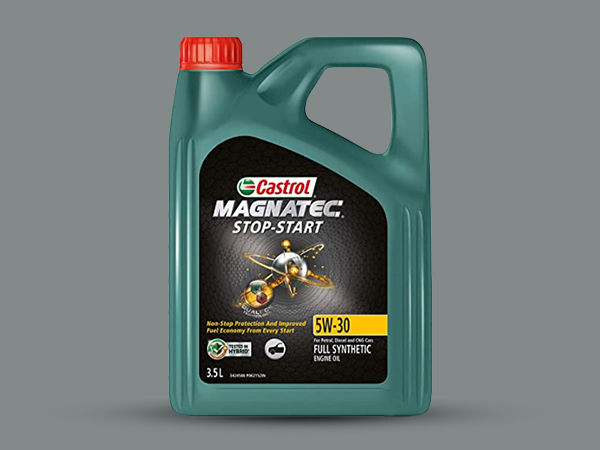
The first product on our list of the best engine oils for petrol automobiles in India is a synthetic engine oil from Castrol, India’s premier lubricant company. You’ve probably seen Castrol’s “Stop/Start” TV commercial, and if not, we will bring it to you.
As the name implies, this engine oil is an excellent choice for city driving. As you may or may not be aware, bumper-to-bumper traffic is terrible for any engine, and a typical driver can rev or stop the car up to 18,000 times each year. Castrol appears to be a solution. The intelligent molecules of the oil may stick together and form a self-healing layer to decrease engine wear during the stop-start operation. Please keep in mind that this oil is solely for petrol engines.
Mobil 1 0W-40 Fully Synthetic Oil
- 4 liters in volume
- Rs 3,150 in price
- 0W-40 viscosity
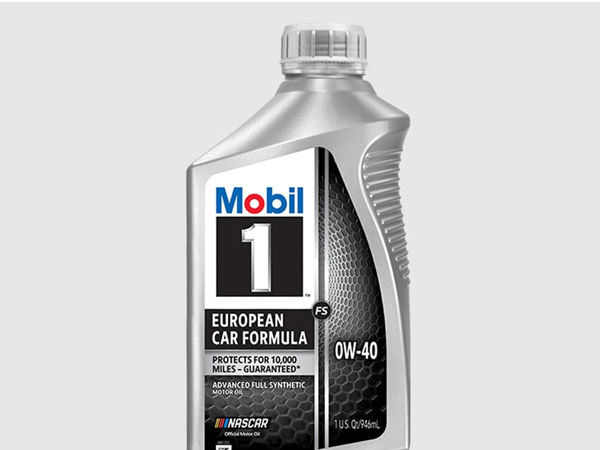
If you want a lubricating oil designed to deliver superior cleaning capacity, wear prevention, and overall performance, the Mobil 1 0W-40 Fully Synthetic Engine Oil is ideal. The automobile will operate smoothly in practically any driving scenario if you use this engine oil. It also provides maximum safety for the car, which is equipped with high-tech multi-valve engines and aids in lowering fuel consumption.
The engine oil can withstand both low and high temperatures. Unlike previous Castrols, the Mobil 1 may be used with diesel and gasoline fuel.
Shell Helix Ultra 550041109
- 3.5 liters in volume
- The cost is Rs 3,490.
- 5W-40 viscosity
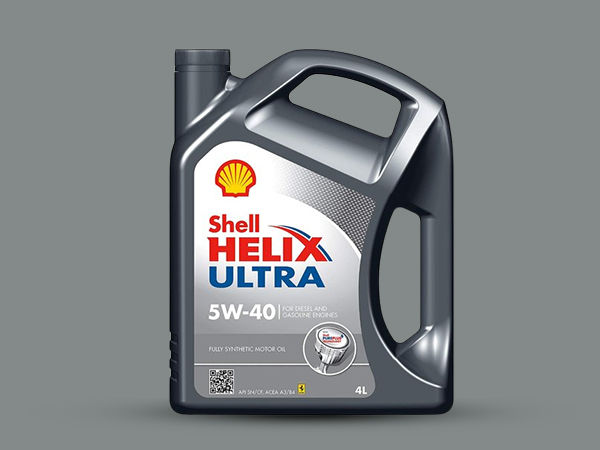
The Shell Helix may be more expensive than the lubricating oils described above. Good money, on the other hand, always pays off. Shell is already a well-known lubricant brand around the globe, supplying oil to automakers such as Ferrari. The Shell Helix Ultra 550041109 5W-40 API SN Fully Synthetic Car Engine Oil substantially adds to the engine’s optimal performance in driving circumstances and weather conditions. It is ideal for diesel, gasoline, or natural gas cars.
Motul 8100 Xmax
- 4 liters in volume
- The cost is Rs 3,870.
- 0W-40 viscosity
- All types of vehicles
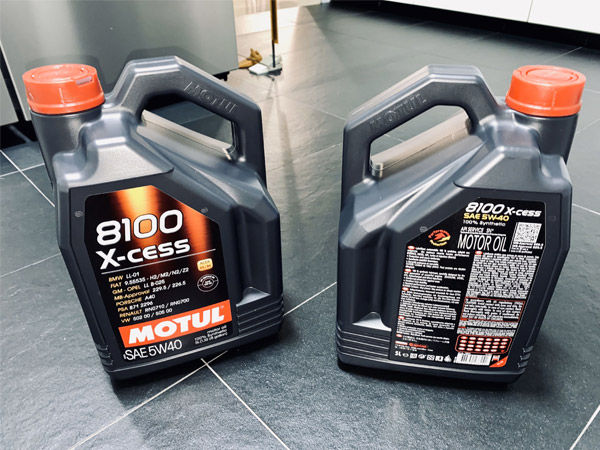
The Motul 8100 Xmax 0W-40 engine oil is the last on our list of the best engine lubricants for petrol automobiles. Car Engine Oil with Synthetic Technology may be used in all gasoline and diesel vehicles. The Motul Xmax is synthetic engine oil that provides unrivaled resilience to hot and cold temperatures. Furthermore, the Motul Xmax has a long drainage time, so you won’t have to replace the oil as frequently as you would with other brands. Motul oil is also suitable for premium vehicles such as Audi and Mercedes.

